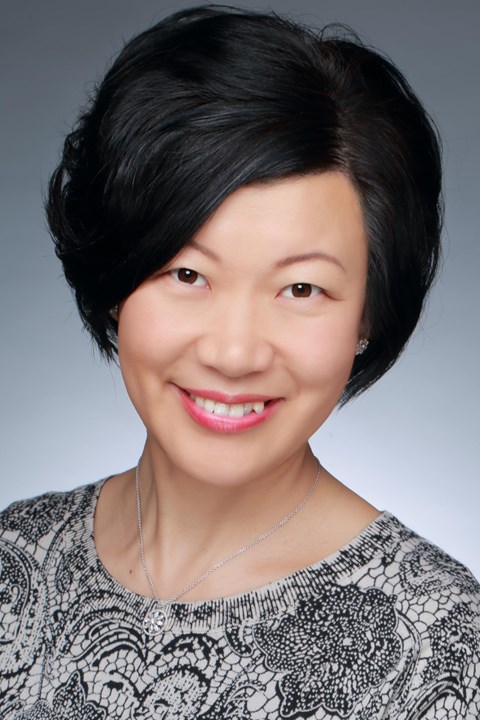So Wa Ngai, Ph.D.
The Hong Kong Polytechnic University
HJ402 Hung Hom, Kowloon, Hong Kong
Phone: 85234003685
Email: sows.ngai@polyu.edu.hk
Web: http://www.apssweb.polyu.edu.hk/staff/dr-ngai-so-wa-wei-su-hua-bo-shi
https://www.drsowangai.com/home.html
So-Wa is a marriage and family therapist who practices, teaches, researches and promotes systemic and post-modern dialogic family therapy applied to Chinese societies. Her current post is Teaching Fellow in the Department of Applied Social Sciences at The Hong Kong Polytechnic University, and she is also the program director for the M.A. (Family-centred practice and Family Therapy) program there. So Wa received a B.A. degree in Psychology and a M.S. degree in Marriage and Family Therapy from Brigham Young University in the United States. She then obtained her Ph.D., with its research focus on Chinese intergenerational relationships, from the The Hong Kong Polytechnic University. So-Wa is a clinical fellow and approved supervisor of the American Association for Marriage and Family Therapy. She has solid training in the beginning of her career and subsequent experience in therapy schools that are situated in a modern paradigm, such as structural, intergenerational and psychodynamic. She has been learning and practising the collaborative dialogic approach since she met Harlene in 2007.
So-Wa has been teaching the collaborative dialogic approach applied to the Chinese societies not so long after she started to learn it from Harlene. In the process of helping students to understand dialogic approaches, other than theories and concepts of social constructionism, she came across interpersonal neurobiology that applies brain research to psychotherapy. As established in the field of psychotherapy, one of the key conditions for clients’ transformation or change is the therapeutic relationship between client and therapists. In addition, the most important component of an effective therapeutic relationship is the state of attunement initiated by the therapists’ open presence and curiosity, as supported by the most recent brain research. So-Wa proposes that there is another attunement which is linguistic in the dialogic approach. During this process, therapists and clients experience each other, leading further to a state of resonance in which they feel an “intimate and vulnerable connection” (Siegel, 2010). Transformation is an inevitable outcome of this emotional and linguistic attunement process in which clients and therapists co-create experiences and new meanings of clients’ dilemmas.
Together with a group of MFT educators and practitioners in Hong Kong, So-Wa established the Hong Kong Marriage and Family Therapy Association with a vision to create a platform for those who are practicing from different orientations and therapeutic models to initiate dialogue and exchange ideas in Hong Kong. She believes that by openly and respectfully listening to, and learning from, each other, the field will foster better practices to help families who are dealing with increasing stress and uncertainty.
So-Wa’s research interests include collaborative dialogic couples therapy, marriage and family therapist training models, Chinese intergenerational relationships and parenting and an integrative model in helping students with special learning needs.

